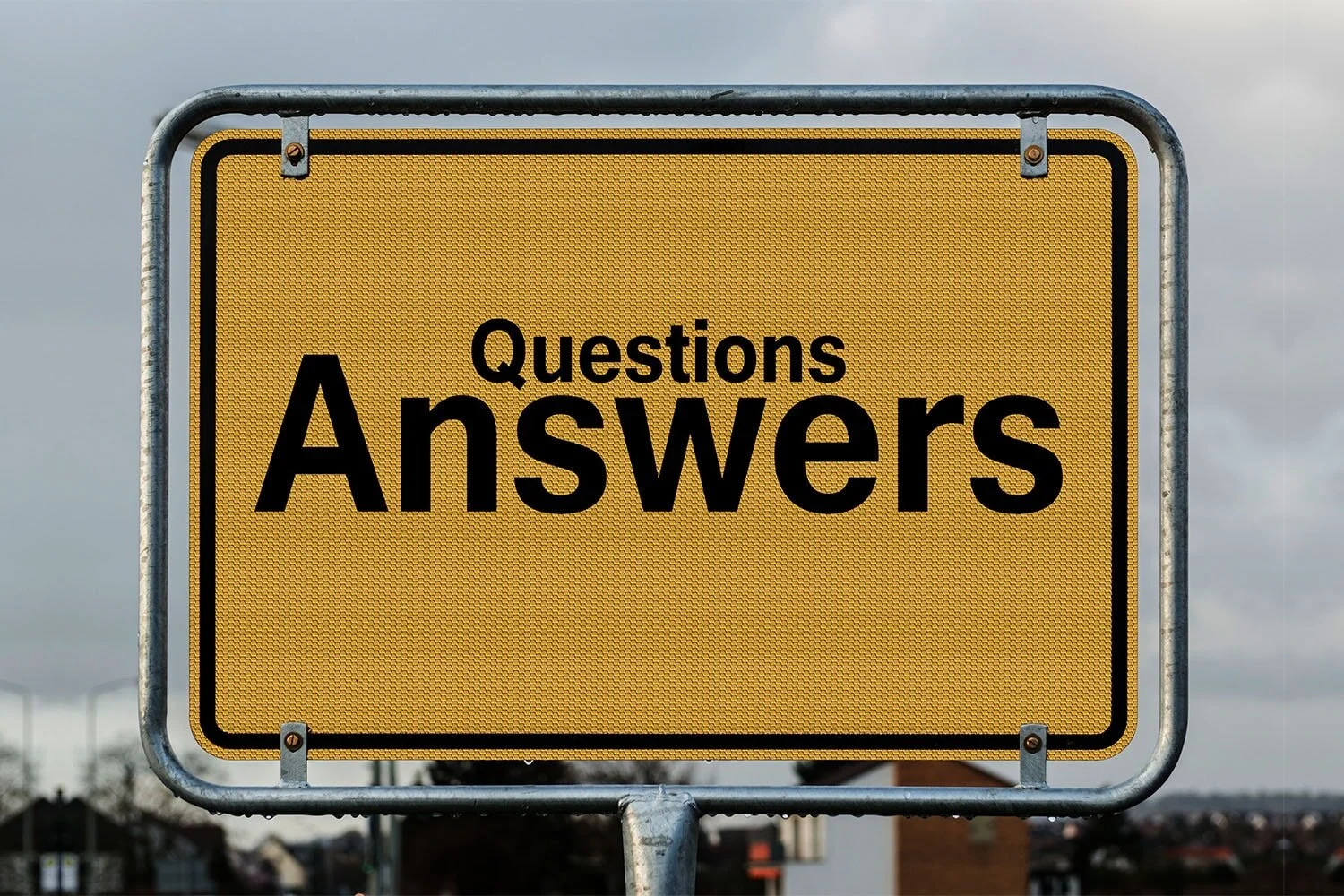Considering LVP?
/5 Things You May Not Have Known
1st Thing
Resilient Luxury Vinyl Plank or LVP and linoleum are two different products! Sheet vinyl often gets mistaken for linoleum and linoleum for sheet vinyl. The big difference between the two is their composition. Vinyl is an oil-based product while linoleum is plant-based (linseed oil, pine tar resin, wood flour, natural pigments, and jute for the backing). Go green! Another big difference is the style or look of vinyl. In terms of design versatility, linoleum is limited to a linear or marbled pattern whereas vinyl can mimic any type of flooring or design because its look is printed on the material by a machine.
2nd Thing
Your high quality LVPs today will come with a very strong wear layer made out of urethane that’s been cured using ultraviolet light. This process actually creates a chemical reaction that makes the urethane a very hard surface. Armstrong Flooring has come out with their Diamond Ten coating which actually has cultured diamonds in the urethane coating making it even stronger and resistant to wear over time. Other methods include adding silicone oxide or aluminum oxide to the UV urethane coating to increase longevity as well.
3rd Thing
To increase the dimensional stability of LVP, manufacturers have begun adding limestone to its composition. Armstrong Flooring has an LVP product line called rigid core, and US Floors has their Coretec line with limestone in their makeup. This type of LVP is perfect for a hunting cabin, for example, where the temperature can vary from 22 to 104 degrees. Despite the vast temperature change, this type of LVP is dimensionally stable which means it won’t expand or shrink.
4th Thing
LVP is 100% waterproof which means the flooring material itself won’t absorb water. Thanks to the engineering of LVP locking systems, water spilled (and dried up quickly) won’t reach your subfloor due to the maintained surface tension across the joints between pieces. To be clear, both glue-down and floating LVP, however, are not a 100% waterproof barrier to your subfloor. In the case of flooding, they will not protect what’s underneath from getting wet and absorbing water.
5th Thing
LVP is a super low maintenance product. It doesn’t require re-sealing, refinishing, or an expensive vacuum cleaner to keep it looking amazing. It’s total life span is shorter than a solid hardwood floor, but during the 30+ years of your LVP, the daily regimen will mostly just include dry sweeping up the dirt and grit followed by a swiffer cleaning using a hard surface cleaning solution.










